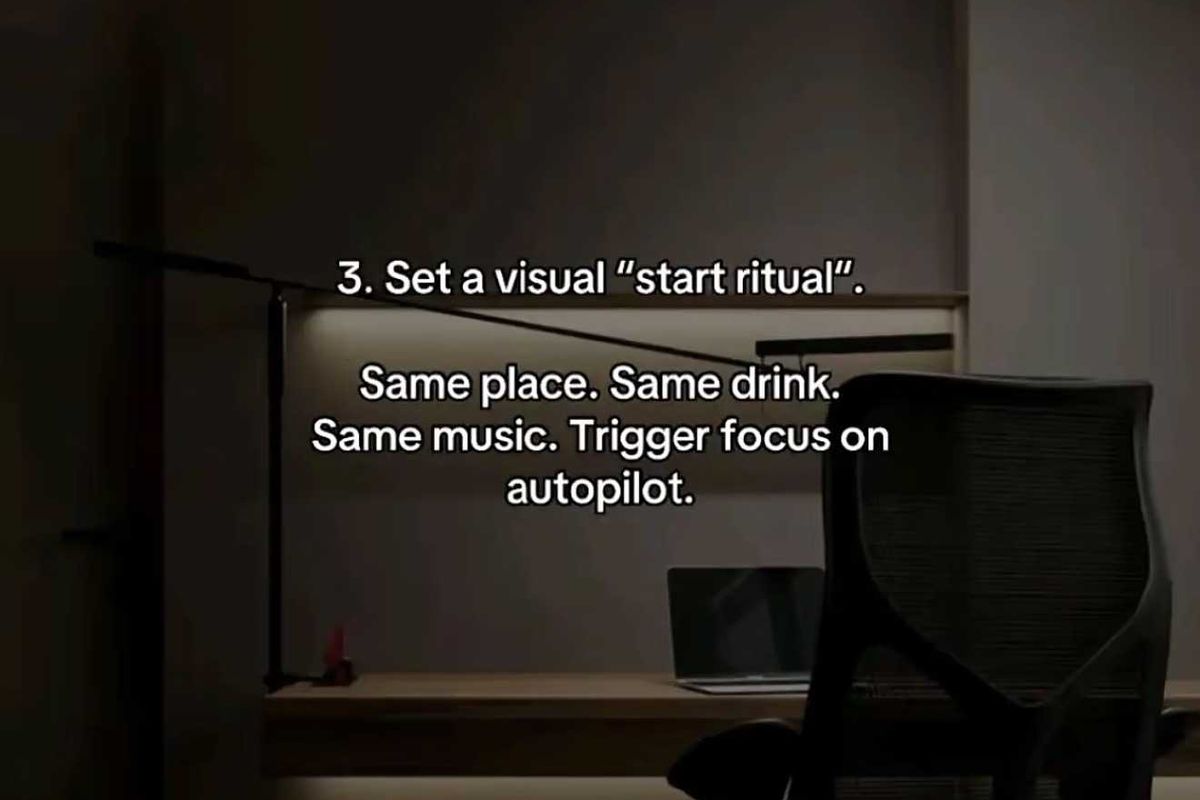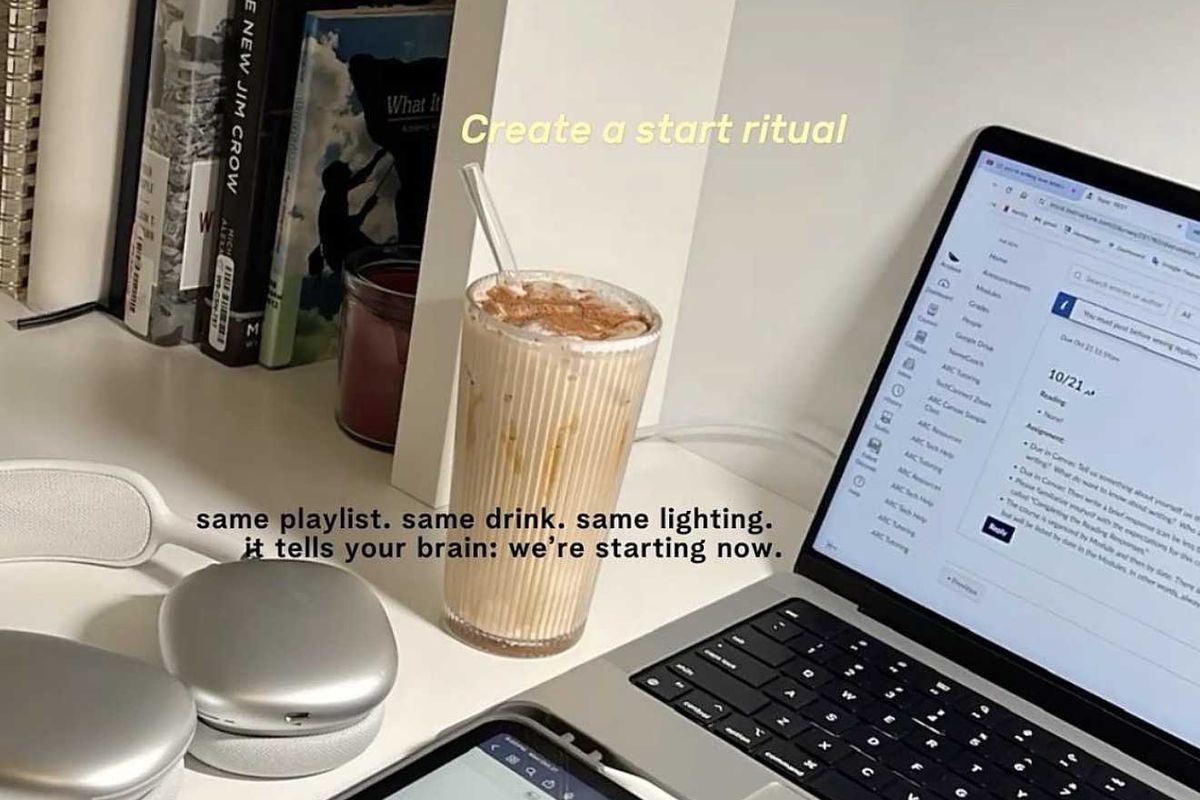My husband, CJ, and I celebrated 10 years of being together. We actually have three anniversaries, but this is the one I regard to be the most important because it marks the date that life as I knew it would be tipped upside down.
My husband is the most incredible father who is ever-present for his tribe of girls. He has this cheeky grin and a great sense of humor, and he makes me laugh a lot. He’s so bright. He teaches me lots of things.
He also is fantastic at pulling me up when I’ve taken something too far, and he’ll often be the first person to roll his eyes and sigh with a comment like, “Why must you always insist on learning things the hard way?” (Because that’s me, baby, a bull in your china shop).
My husband is a 33-year-old male. He also has autism.
We were together seven years before we realized he has autism. It wasn’t until after my eldest daughter was diagnosed that it occurred to us that CJ has autism, too.
I knew my eldest daughter wasn’t “neurotypical” from about age four in kindergarten.
Back then I didn’t drive, so we walked everywhere. If I walked a different route to kindergarten, she would fall apart. If I didn’t give warning when I planned to change her usual breakfast food, she would not handle it. She never liked to be touched by other kids in kindergarten. She didn’t cope well with singing songs. She would cry and cover her ears when someone sang “Happy Birthday” louder than a hushed tone. She didn’t give good eye contact. She didn’t cope with meeting new people very well. She was rigid in her routine, and there were plenty of routines.
I mentioned these quirks of hers to my husband. He dismissed them as “normal.” He said he didn’t see the issue.
That's because it was his normal, too.
Image via iStock.
He saw no issue with the way she behaved because he could see why. He could understand her triggers because they triggered him, too. And he had many of the exact same struggles when he was young that she was experiencing now. But no one made any connection.
After another very tough year, I decided enough was enough. I needed help. My daughter was melting down at the beach. Her screaming would go on for hours and hours. I’d tried everything, and nothing was working.
She was assessed. She was diagnosed with autism. It took a pediatrician an hour to make crystal clear a bunch of ongoing issues we’d been experiencing as a family for almost two years. I felt relief and like I finally had a sense of direction. When I told my husband, he was in shock and disbelief.
Ever heard the phrase “can’t see the forest for the trees”? It means sometimes the most obvious answers are directly in front of you, but you just can’t see then because you’re not paying proper attention.
A few evenings after she was diagnosed, my husband and I sat down on the couch together and went through her diagnostic criteria.
And it was there that we discovered so many of her quirks were the same as his.
We had been together for seven years by that point. Seven years of being in love, parenting together, and living together. We’d only ever had three nights away from each other. Then all the pieces began to fall into place. The reasons behind his social overload and only ever wanting to go out one weekend day now both made sense, along with his exhaustion from talking to people. We could even see it in the specific way he liked to organize the pantry. (Hey, who was I to interrupt such beautiful methodology?) We chuckled over just how many things we had automatically adapted to without even noticing.
A few months later my husband went and had formal assessments done. He received his official diagnosis at age 30.
He greeted it with grief, but also relief.
Which brings me to…
When I said yes to marrying my husband, I said yes to him along with his quirks (which back then I had no idea were due to autism). I loved him for the way he saw the world and how he worked within it. I loved him for the way he can fix anything that is broken, the way he seamlessly adapts to different social situations, and his impeccable attention to detail. I love him for the way he can problem-solve. I love him for the way he’s a straight shooter and doesn’t suffer fools. I love his dry sense of humor.
Looking at the big picture, I guess you could say the things I love about my husband the most are probably his most “autistic” traits.
Fancy that!
Autism didn’t change my husband. He’s never not had autism, and it’s what makes him who he is. But maybe his earlier formative years would have been a lot less stressful and hard for him had his autism been recognized. He could have gained the appropriate support and learned strategies at a young age rather than having to cleverly wing it for over 25 years.
There’s a lot more knowledge about autism now, definitely more than there was when my husband was a child. I guess that’s why we are both passionate about early diagnosis and intervention. Because when you love someone, you love them fully and wholly and you want to support them to be the best they can be, whoever that is. And you realize labels don’t define or limit a person’s abilities — but they can offer great insight into the individual’s personality and enable them to be supported to reach their full potential.



 Student smiling in a classroom, working on a laptop.
Student smiling in a classroom, working on a laptop. Students focused and ready to learn in the classroom.
Students focused and ready to learn in the classroom.
 TikTok · Ankita Tejwani
TikTok · Ankita Tejwani  Another user shares their anti-start, or "start," ritual.
Another user shares their anti-start, or "start," ritual.  This user's start ritual sums it up: we're starting now. Photo
This user's start ritual sums it up: we're starting now. Photo  Woman lighting a candle with a match, surrounded by softly glowing candles.
Woman lighting a candle with a match, surrounded by softly glowing candles. Man stretching neck in living room, wearing a gray shirt, with eyes closed.
Man stretching neck in living room, wearing a gray shirt, with eyes closed. Writing down your thoughts and feelings by hand is a totally different experience.
Writing down your thoughts and feelings by hand is a totally different experience.

 Teens hanging out in a living room.via
Teens hanging out in a living room.via  Teenagers eating pizza.via
Teenagers eating pizza.via  Teenagers eating pizza.via
Teenagers eating pizza.via 
 Going to work or school sick. Photo by
Going to work or school sick. Photo by  Displaying an American flag. Photo by
Displaying an American flag. Photo by  Calling people on the phone unannounced. Photo by
Calling people on the phone unannounced. Photo by 
 Star jumps can help you move adrenaline out of your body.
Star jumps can help you move adrenaline out of your body.  There are ways to stop the shakes without exercise, too.
There are ways to stop the shakes without exercise, too.